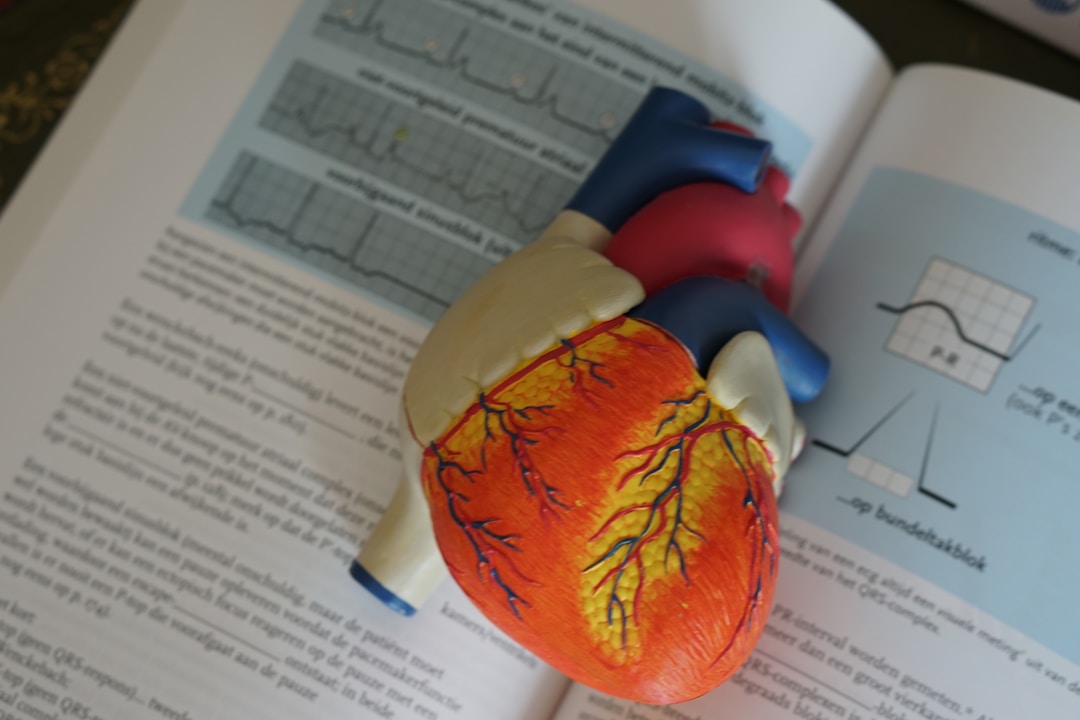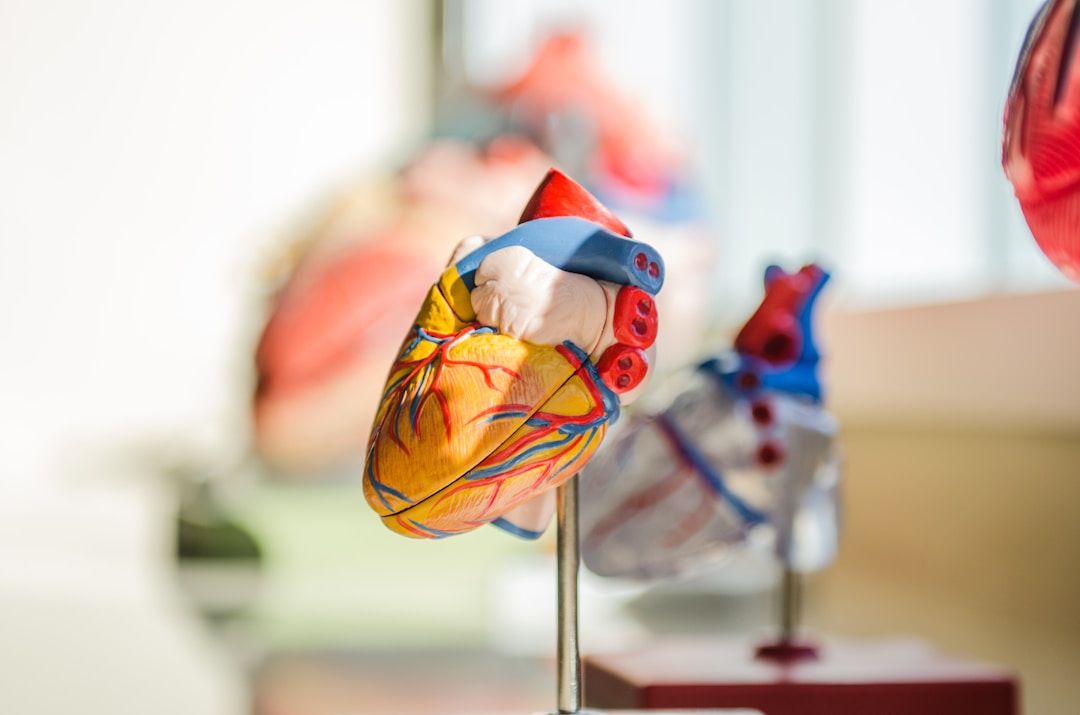Understanding the complex procedures and practices in the medical field can be a daunting task for someone not familiar with the sector. Among the many specializations, cardiology is one that continually draws much public interest due to the prominence of cardiovascular health issues. In this article, we will delve into the role that cardiologists play, including their responsibilities, education requirements, day-to-day activities, and the value they add to a patient’s life. If you’re interested in learning more, keep reading!
The Role and Responsibilities of a Cardiologist

A cardiologist, like this Los Angeles cardiologist, is a specialist with extensive knowledge and training in diagnosing, managing, and treating heart and vascular conditions. Whether you need a consultation for heart disease or a comprehensive treatment plan for a pre-existing heart condition, a cardiologist is mandated with the responsibility of ensuring your heart health. They work closely with a patient’s primary care doctor to provide a comprehensive healthcare plan. Depending on a patient’s heart health requirements, a cardiologist will offer medical advice, carry out diagnostic tests, prescribe medications, and, in more severe cases, perform procedures and surgeries.
Cardiologists globally thrive on details; interpreting the results of numerous medical examinations and tests, interpreting the patient’s symptoms, and using this information to create comprehensive treatment plans. They often coordinate with other doctors, cardiologists, and healthcare professionals to guarantee optimal care. Moreover, prevention is a critical aspect of cardiology. A large part of a cardiologist’s work involves counseling patients on lifestyle modifications to prevent heart disease. This could include education on healthier eating habits, physical activity, and quitting smoking, among others.
The Rigorous Training and Education of a Cardiologist
Becoming a practicing medical professional, and specifically a cardiologist, requires an intensive commitment both in time and finances. The process begins with a bachelor’s degree – typically in a science-related field — followed by four years in medical school. It is at this stage that the basics of medicine are taught. Upon completion and graduation from medical school, the budding doctor then begins residency, which lasts for three years.
This time is usually filled with long hours in hospitals, gaining experience in various medical disciplines rather than focusing solely on cardiology. Following these years of cross-discipline training is another three-year period, this time, a cardiology fellowship where one receives specialized training. In total, the journey from the beginning of undergraduate studies to becoming a practicing cardiologist can span over a decade. During this period, professionals gain a wealth of knowledge and experience, making them experts in understanding and treating conditions that arise within the heart and vascular system.
An Ordinary Day: A Look into the Routine of a Cardiologist

Like many professions, there is no typical day for a cardiologist as activities can vary greatly. However, most cardiologists start their day early, often seeing patients in the morning. Each appointment usually lasts for about fifteen minutes, during which the cardiologist observes the patient’s condition, reviews their history, and prescribes treatments or orders further tests. In the afternoons, cardiologists often perform more intensive procedures such as angiography or catheterizations. These procedures are often scheduled and not emergent, allowing the medical team to prepare adequately.
Echocardiograms, stress tests, and various other measures are also familiar parts of cardiologists’ work order. Emergency situations are a staple in the medical field, and even more so for cardiologists. They occasionally have to attend to heart-related emergencies, which could happen at any time. Most cardiologists are always on call, especially for urgent heart-related problems.
Cardiac Conditions and Diseases Commonly Treated
As major figures in the healthcare system, cardiologists diagnose and treat an array of heart conditions. Hypertension, coronary artery disease, heart failure, arrhythmias, and valvular heart diseases are some of the common cases encountered. Each of these diseases comes with its unique challenges and treatment protocols. Beyond these common conditions, cardiologists are also equipped to handle congenital heart conditions, diseases and conditions related to veins and arteries, and even conditions that affect the muscles and structure of the heart.
A comprehensive understanding of the cardiovascular system allows these professionals to identify and address a wide range of diseases. The strategic approach to handling these situations varies depending on the disease. The cardiologist will often study the patient’s medical history, perform several tests, and consider other health conditions before concluding an appropriate treatment plan. Throughout this process, transparency, empathy, and communication are vital in building a healthy doctor-patient relationship. Premier Cardiologists go to great lengths to ensure that their patients are comfortable and involved in their treatment journey.
The Relevance of Research and Continuing Education in Cardiology

Amid their busy schedules, cardiologists often find time for research and learning. This is because cardiology, like many other medical fields, is dynamic and continually evolving. New research, treatments, and procedures come up, necessitating cardiologists to stay abreast with the current trends to provide top-notch services to their patients. Professional development continues even after achieving the status of a cardiologist. Even the most seasoned professionals repeatedly attend seminars, lectures, and workshops to update their knowledge and skills.
In addition to personal development, cardiologists often engage in research to contribute to the broader medical field. Current research involves areas like genomics and how various genetic factors contribute to heart disease. They also research medications and innovative procedures that can potentially transform the treatment process of heart diseases.
The Future of Cardiology
As medical technologies continue to evolve, the field of cardiology is expected to see substantial advancements. Innovations like wearable tech and artificial intelligence will likely redefine how cardiac diseases are detected and monitored, allowing for more personalized and efficient treaments. Advancements are also expected in treatment strategies and modalities with the development of more sophisticated and minimally invasive procedures. These will help improve patient outcomes and experiences. Cardiologists must stay ahead of these advancements to provide the best possible care to their patients. By embracing continuing education and innovation, these healthcare professionals can keep up with the ever-evolving industry standards.
Why Seeing a Cardiologist Matters

Heart diseases are among the leading causes of death in the United States and globally. Early detection and treatment can improve outcomes in patients with heart disease. Therefore, the role of cardiologists in healthcare cannot be overstated. From preventive care to choosing a heart-healthy diet to recovery care following a cardiac event, a cardiologist plays a vital role in every stage of cardiac health. Beyond that, the integration of advanced technology and new treatment paradigms means that cardiovascular care delivery continues to improve significantly.
Hence, whether for routine check-ups or indeed for more serious heart conditions, seeing a cardiologist can potentially be lifesaving. Cardiologists, with their vast knowledge and experience, play a pivotal role in managing cardiovascular health. They offer an essential service to patients in preserving and improving their heart health, ultimately contributing to the enhancement of their health and well-being.
Overall, the field of cardiology plays a major role in maintaining and enhancing human health. The presence of trained professionals dedicated to the study and treatment of heart diseases ensures millions of people globally live healthier and longer lives. A deep appreciation of the intricacies of the cardiologist’s roles and responsibilities shows not only the dedication required to join this noble profession but also the reward that comes with serving others.




